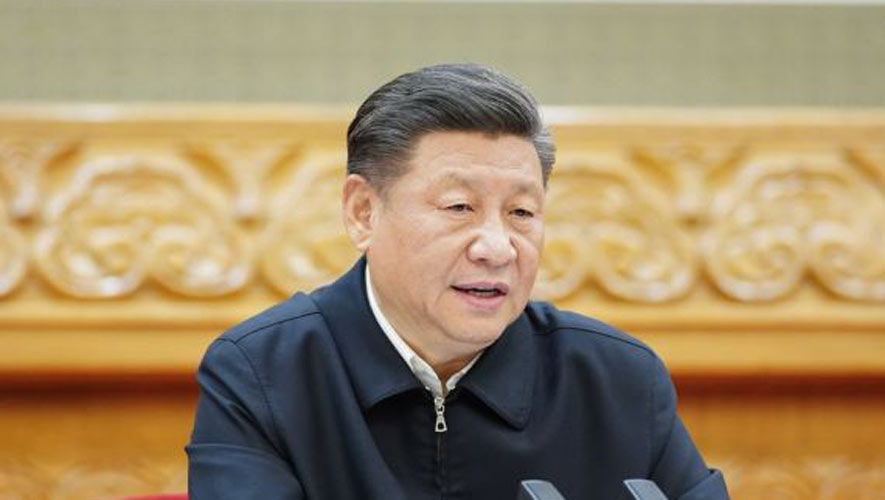Earlier this week I received a telephone call from a lecturer at a Hong Kong university.
For the latest Cambodian Business news, visit Khmer Times Business
He wanted to know whether there was any chance Cambodians could be tempted to enlist as students at his educational establishment because it wanted as few mainland Chinese as possible while keeping numbers up to a financially feasible level and not laying off staff.
The reason was obvious. The university did not want to be infiltrated by politically motivated students likely to inflame passions and bring a return to the events of the past few months when thousands turned out on the streets for what were initially protests but which soon turned into violent riots, with police drawing guns and firing tear gas and pepper spray while rioters threw Molotov cocktails and stones.
Complicating matters was the fact that the non-police participants were divided among pro-democracy Hong Kongers, pro-Beijing Hong Kongers and pro-Beijing mainlanders – with the police caught in the middle.
Hundreds, if not thousands, of non-participants were caught up in the violence. Although only a few dozen pro-democracy Hong Kongers staged a protest on Wednesday, it was largely peaceful but no-one outside a select few knows for sure if or when things will kick off again.
Perhaps trouble will flare up again this weekend when work commitments are no longer an impediment but it does seem the thrashing the pro-Beijingers got in the district elections – more symbolic than effectual – has moved the goalposts, albeit briefly.
However, there is the problem of the now four demands. Pro-democracy supporters want more than 1,000 complaints of police brutality independently investigated.
They had the extradition bill from Hong Kong to the mainland completely withdrawn; they demand the complete retraction of the term “riot” to describe the protests ; they insist on an amnesty for arrested protesters/rioters and they are calling for real universal suffrage – not a Beijing-imposed chief executive nor hand-picked legislators who tilt toward the Middle Kingdom.
But compromise is not a word easily found in a Chinese dictionary – certainly not realistic compromise.
For years now, there has been talk of the waning power of Hong Kong as an entry point for business on mainland China. There are now many free-trade zones along its coast and the mainland province of Guangdong, just 40 minutes by ferry or bridge to Hong Kong, is a special economic zone.
China has considerably opened up since the first tentative step with Shenzhen in 1979 under Deng Xiaoping.
I am reminded of a note I wrote to myself five years ago during the umbrella protests around the Fragrant Harbour, that now reeks of tear gas, pepper spray, petroleum and bitter division.
When HK people can’t access Facebook or Twitter, when their emails are routinely read by government agencies, when they are followed, when they can be put under house arrest without reason, when they realise they can be murdered for protesting, when the government turns a blind eye to poisoning the environment, when the government sees corruption inoneplace but not another, when cronyism is rife, when certain books and artworks are banned and media censored to the point of absurdity, when even, as I witnessed, an internet knitting group can be disbanded as potentially subversive (woven subversive code?), then perhaps the disbelievers may realise the protesters had a point. And that’s only a fraction of what an authoritarian, one-party, paranoid government routinely practises. And if HK loses its free-market identity, business confidence and uniqueness, then it will return to being a barren rock with no economic foundation. That haven of nature, Lantau, will be concreted over. The world’s most diverse place for flora and fauna will be destroyed. Dystopia will reign.
It is because of these fears that emotions run high. Find me a non-political Chinese student who doesn’t want to further their studies abroad or one who doesn’t have a VPN to bypass government internet restrictions. Sadly for them, they are not wanted in Hong Kong and the US is clamping down on visas for them, costing the country billions of lost dollars.
Pity Hong Kong because the question on many people’s lips these days is just how relevant it is.




